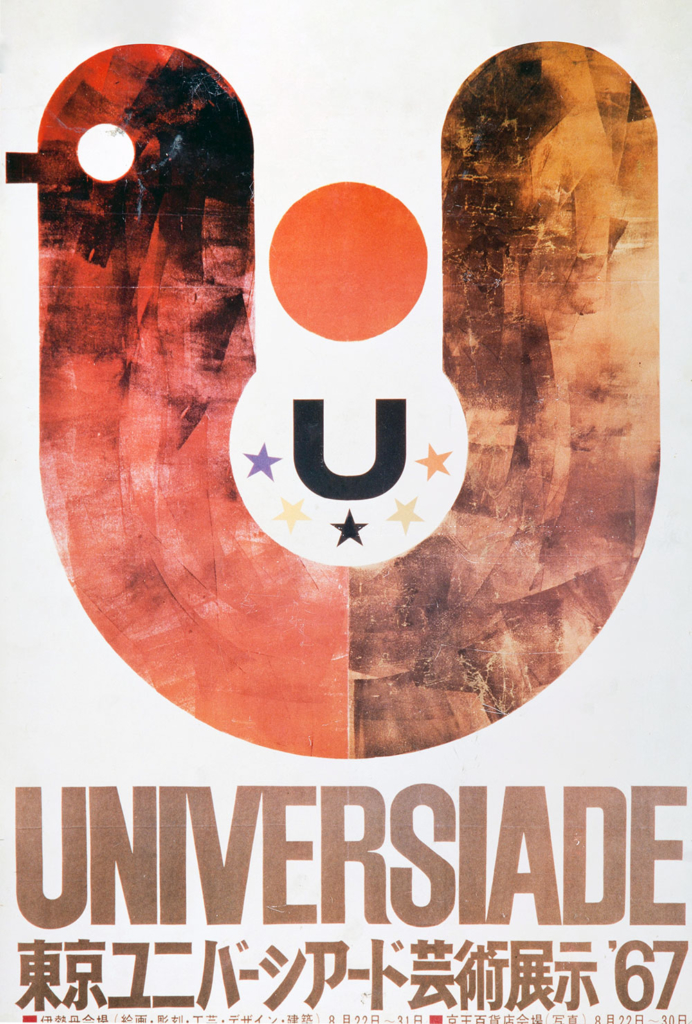Following the 1964 Tokyo Olympic Games, some people wondered if Japan’s ability to stage a world-class sporting event was just a fluke, a one-off never to be repeated. The doubters were quickly proven wrong with the hosting of the 1967 Summer Universiade in the Japanese capital.
Tokyo could have rested on its laurels after the success of the 18th Olympiad three years earlier but instead funnelled more than US$1 million into improving the infrastructure that was used for the Olympic Games – from the venues to the villages – for use during the fifth Universiade, the first to be organised in Asia.

The sum of money spoke volumes about Japan’s determination to become one of the world’s leading countries in hosting major sports events, a status it would go on to achieve over the next five decades by organising the likes of the 1972 and 1998 Winter Olympics, the 2002 FIFA World Cup and three more Universiades in 1985, 1991 and 1995.
The 1967 Tokyo Universiade certainly had its challenges even before the competition started, with the Eastern bloc nations such as the Soviet Union, East Germany, North Korea, Romania, Hungary, Bulgaria, Poland and Cuba boycotting the Games because of the political dynamics at the time. The first to boycott was North Korea, who demanded that it be referred to as the Democratic People’s Republic of Korea during the Universiade, a request that was denied. FISU worked tirelessly to find a solution, eventually agreeing with all parties to refer to the teams not by country but by their national student sports affiliations. When North Korea eventually pulled out, followed by the other countries from the East, it therefore came as quite a surprise.
Tokyo organisers, however, did not let the sideline disputes distract them from putting on an excellent nine-day show. Their commitment and devotion to the Unviersiade were punctuated by none other than Japanese Crown Prince Akihito, Japan’s Emperor from 1989-2019, who opened the Games with the following words:
“We have spared no measures in our efforts to ensure that political events do not detract from the pursuit of world sport,” Akihito said during the Opening Ceremony at Tokyo’s Olympic Stadium.
On the competition side of things, Japan took full advantage of the absence of perennial Universiade medal winners the Soviets, East Germans and Hungarians by finishing behind only the Americans on the table, hauling in 19 gold medals. The United States dominated with 31 golds, in particular in the pool where it set nine world records, which to this day remains the most outstanding feat in Universiade history.
Tokyo 1967 was also notable for being the Universiade where future FISU President Claude-Louis Gallien competed as a hammer thrower.